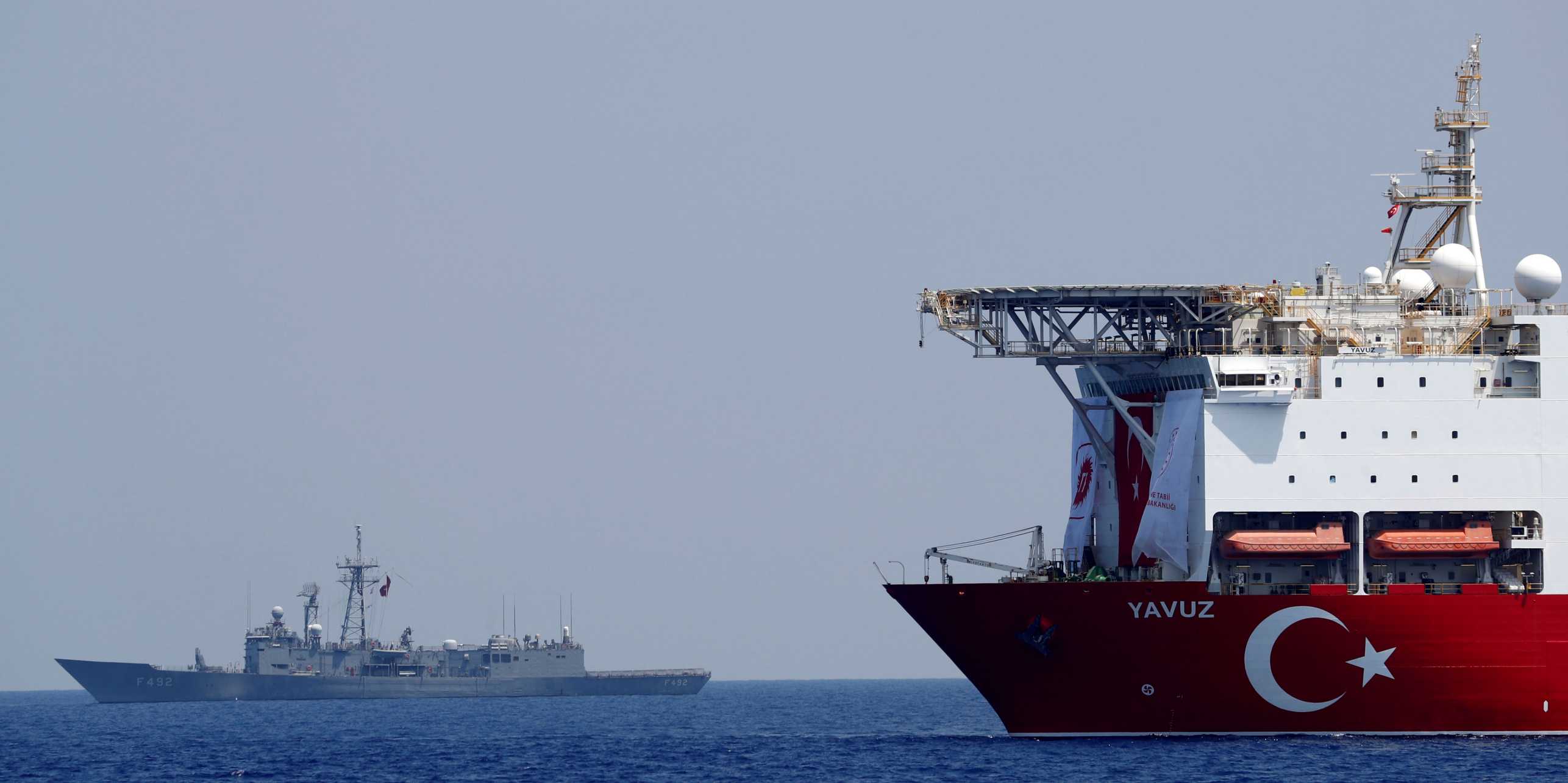Trouble with Turkey in the Eastern Mediterranean
The discovery of gas in the Eastern Mediterranean has rekindled unresolved issues between Turkey and two EU members, Cyprus and Greece, argues Fabien Merz in this CSS Analysis. Steps taken by a more assertive Turkey that fears being cut out of the energy bonanza have precipitated a crisis. An escalation would not only have far-reaching implications for the region, but also for EU-Turkish relations and NATO’s cohesion.

The Eastern Mediterranean is a region steeped in history and strategic competition. Over the last few decades, it has seen a number of fissures between Turkey and two EU Member States, Greece and the Republic of Cyprus, due to the unresolved conflict on the island of Cyprus and contested maritime boundaries. With recent discoveries of important gas fields under the seabed and the prospect of finding more, the Eastern Mediterranean has also gained strategic significance as an important source of energy. The discovery of natural gas occurs against the backdrop of a Turkey that is highly dependent on imports for its natural gas and is seeking to diversify its energy sources. However, the new brand of assertive foreign policy that Ankara has adopted over recent years has not only further estranged Turkey from its traditional NATO allies and the EU, but also further strained tense relations between Turkey and other major actors in the Eastern Mediterranean, particularly Egypt and Israel. This, in turn, has led Greece, the Republic of Cyprus, Egypt, and Israel, amongst others, to coalesce and cooperate on the exploitation and commercialization of natural gas, fueling Turkish fears of being cut out of the Eastern Mediterranean energy bonanza.